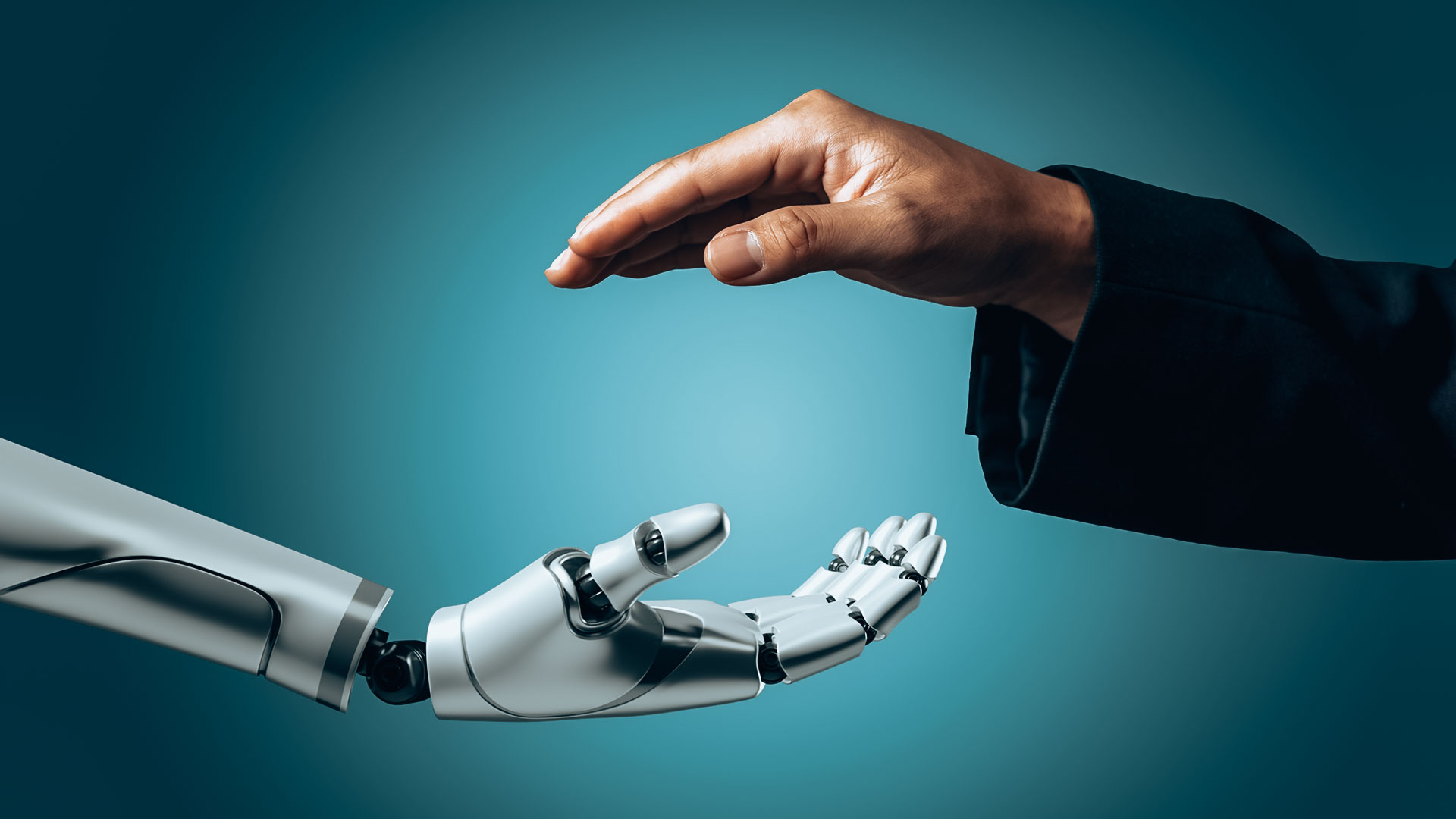On December 8, 2023, the EU concluded negotiations on the Artificial Intelligence Act (AI Act), resolving issues debated for over two years. An agreement analysis provided critical context around key changes and considerations for stakeholders.
One area refined was classifying high-risk systems. Specific sectors like healthcare and transport face heightened oversight due to safety and rights implications. However, a new filter aims to designate only applications genuinely impacting societies. Systems performing narrow tasks or reviewing human work avoid classification.
Public entities and essential service providers must assess deployments considering fundamental rights when significant social effects are plausible for classified high-risk systems. Large language models also saw an intensified focus on regulation based on scale. A tier of “systemic risk” models covers those surpassing 1024 FLOPs computational power during training.
Entities releasing such high-consequence models encounter new accountability requirements. They must assess and mitigate risks from development, distribution, or use. Cybersecurity safeguards and incident reporting are also mandated to address threats posed by immense, evolving systems.
Transparency is strengthened through adjusted training data disclosures, allowing privacy-preserving details to vary according to needs. Intellectual property processes ensure lawful, ethical content use, clarifying downstream certainty while respecting ownership.
Staged compliance allows for the analysis of duties and adjusting seamlessly. Prohibitions on activities like social scoring will be activated in half a year. Additional high-risk and large model rules follow in one to two years to ease adoption.
The filter identifies systems genuinely impacting essential decisions or scarce resources with harm potential if misused or biased. Narrow tools experience lighter rules. Impact assessments involve affected communities through transparent consultation for high-risk deployments.
Systemic risk models demand extensive, varied testing before harms emerge at vast scales. Continuous monitoring and updates are expected. IP policies delineate permitted content uses. Frameworks maintain individual privacy while empowering aggregate trend scrutiny.
Citizens can understand and challenge automated profiling and errors through the rights of explanation. Continuous expert involvement helps maintain proportional, risk-aware standards. Cross-sector cooperation facilitates responsible progress.
Overall, the Act creates a thoughtful model for overseeing emerging technologies through evidence-based cooperation. Ensuring proper comprehension requires ongoing technical input throughout further development.
References:
- European Parliament – Artificial Intelligence Act: deal on comprehensive rules for trustworthy AI




